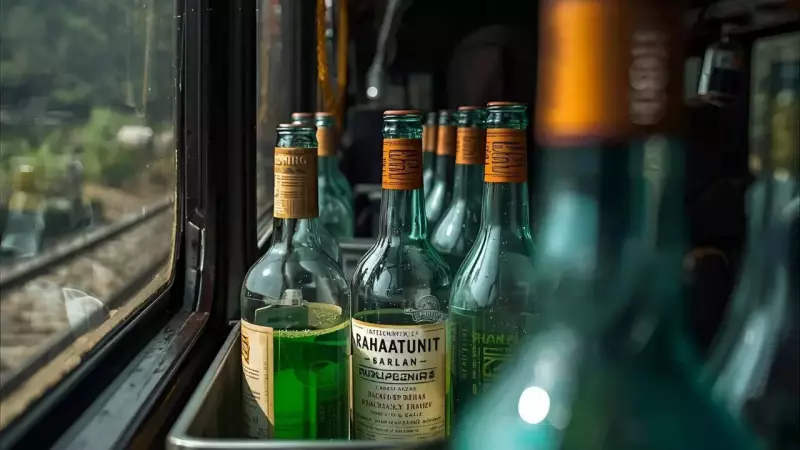
Train travel in India offers a unique blend of adventure and nostalgia, but one common question often leaves passengers confused: are you allowed to carry alcohol on Indian trains? The answer is more complex than a simple yes or no, governed by a web of central and state regulations.
Understanding the Legal Framework for Alcohol on Trains
The legality of carrying alcohol on Indian Railways depends on two key factors: the Indian Railways Act, 1989 and the individual excise laws of the states your train passes through. While the Railways Act sets the general conduct rules onboard, state excise laws ultimately determine whether possession is permitted.
In practical terms, carrying sealed liquor bottles for personal use is generally allowed, but with significant restrictions. This permission evaporates the moment your train enters a prohibition state. Gujarat, Bihar, and Nagaland are complete dry zones where any alcohol possession is illegal. Conversely, states like Goa, Karnataka, and Maharashtra permit travellers to carry limited quantities.
Quantity, Storage, and Inspection Protocols
Most state excise departments allow passengers to carry a maximum of two litres of sealed alcohol. The bottles must remain unopened for the entire journey and be stored securely within your checked luggage, not in hand baggage.
It is highly recommended to keep the purchase receipt from a licensed vendor as proof of legal acquisition. Officials from the Railway Protection Force (RPF) or local excise authorities have the power to conduct checks, especially when a train is about to enter or is travelling through a restricted area.
Strict Prohibition Against Consumption Onboard
Even if you are carrying alcohol legally, consuming it on the train is strictly forbidden. Indian trains are considered public spaces, and drinking in public violates both railway and state excise laws. This rule applies uniformly across all train classes, including premium services like Rajdhani, Duronto, and Shatabdi Express.
Section 145 of the Railways Act, 1989, explicitly prohibits passengers from being intoxicated, drinking, or causing a disturbance onboard. Violations can lead to a fine ranging from ₹500 to ₹1000 and imprisonment of up to six months. The RPF and train staff are authorized to remove offenders from the train and hand them over to local police.
Navigating Interstate Travel with Alcohol
For journeys crossing multiple states, the most critical step is to check your train's route in advance. If your itinerary passes through any dry state, you should avoid carrying alcohol entirely. A bottle that was legally purchased in a non-prohibition state instantly becomes illegal contraband once the train crosses into a dry zone, such as on a route from Delhi to Ahmedabad through Gujarat.
To ensure a safe and legal journey, always transport sealed bottles in your suitcase, carry the receipt, never open them during travel, and avoid routes through dry states. Cooperating fully with any official inspections will help prevent unnecessary complications and ensure your trip is remembered for its beautiful scenery, not an unexpected fine.





